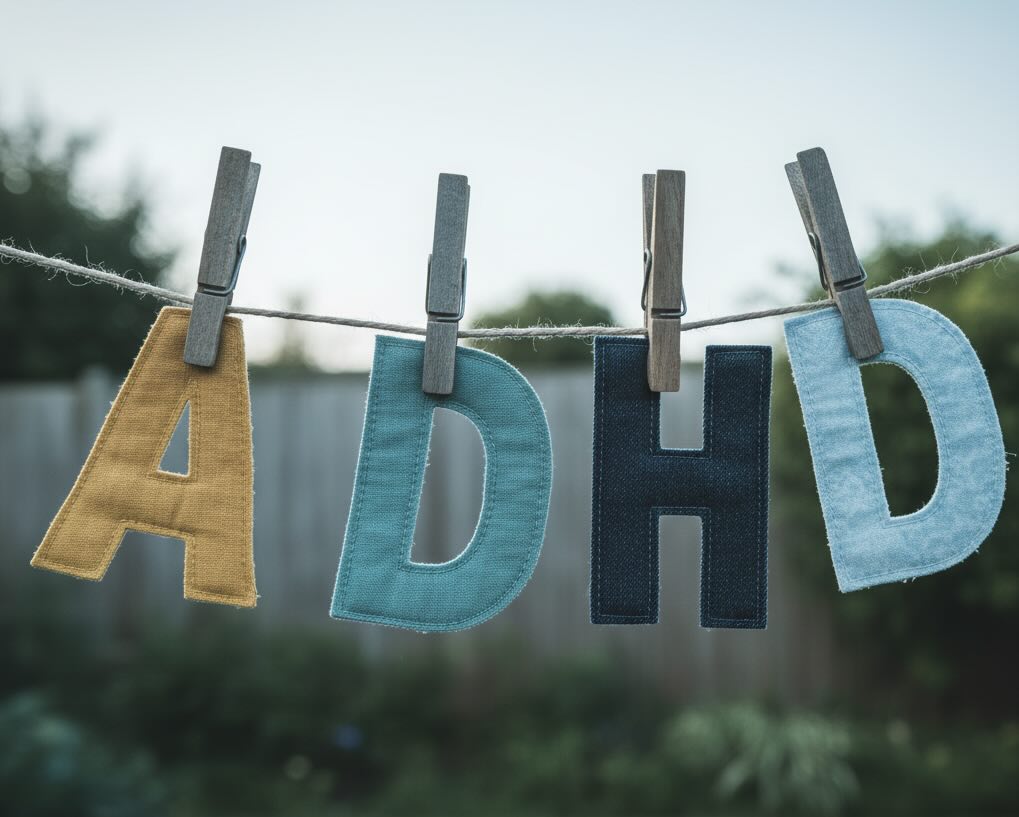What is Anorexia Nervosa?
Anorexia nervosa is a serious eating disorder that affects thoughts, feelings, and health. It often involves intense fear of weight gain, body-image distress, and restrictive eating that can become life-threatening without care. Recovery is possible, especially with early, team-based treatment.
Anorexia Nervosa Symptoms
Core symptoms
- Strong fear of gaining weight; persistent drive for thinness
- Restricting food, rigid food rules; possible bingeing/purging in some
- Distorted body image or over-valuation of weight/shape
- Preoccupation with calories, portions, exercise, or “healthy eating” taken to extremes
- Low weight for one’s context(note: severity is a clinical judgement; not only BMI)
- Common co-occurring problems: anxiety, depression, obsessive thinking.
Physical symptoms
- Feeling cold, slow pulse/low blood pressure, dizziness/fainting
- Dry/yellowish skin, brittle hair/nails, fine body hair (lanugo)
- Constipation, abdominal pain
- Dental issues
- Bone loss(osteopenia/osteoporosis), muscle weakness, anemia
- Irregular or absent menstruation can occur (not required for diagnosis).
How it may feel day-to-day
- Meals and body-checking dominate thoughts and time
- Social withdrawal; avoiding shared meals
- Irritability, low mood, poor concentration; sleep disruption
- Exercise feels “compulsive”, tied to eating rules and movements.
When to seek help:
- Rapid weight loss or fainting, chest palpitations, or feeling confused
- Continuous meal skipping, rigid food rituals, or secret exercise
- Suicidal thoughts or self-harm risk → urgent assessment
- Family/friends express worry; you feel “out of control” with eating.
How Do You Assess for Anorexia Nervosa?
Basic single disorder screening tools like EDE/EDE-Q, SCOFF, EAT-26, can flag risk for Anorexia Nervosa, but a formal diagnosis should involve more steps:
- Start with a broad multi-condition mental health assessment: Multi-condition tools, like Loffty, are an important first step to understand any differential diagnoses, what other conditions might be co-occurring with Anorexia Nervosa, for example, bulimia, depression, anxiety, substance use, OCD.
- Share your comprehensive assessment report with a psychiatrist, specialist dietitian or other eating disorders specialist who will also be able to rule out Body Dysmorphic Disorder, Adjustment Disorder or Acute Stress Disorder. They will run a full medical assessment, including a physical exam and labs to check physical endocrine or gastrointestinal causes of weight loss, diabetes, celiac disease or hyperthyroidism.
- Getting a formal diagnosis: In some countries, you can get a formal diagnosis from a primary care practitioner (GP, family physician, mental health nurse, psychologist); in others, you must be referred to a psychiatrist who can diagnose and prescribe. We recommend you follow the care pathway recommended in your country.
What to bring to an appointment:
- Recent weight/height changes; food/exercise/symptom diary
- List of medical symptoms (dizziness, fainting, chest pain)
- Medications/supplements; past treatments
- Questions about options, risks/benefits, and costs involved.
How Do You Treat Anorexia Nervosa?
Treatment is individualised and usually combines medical monitoring, nutrition rehabilitation, psychological therapy, and family/peer support across settings (outpatient, day program, or inpatient if medically unstable).
Lifestyle
- Nutrition first: restoring adequate intake is essential; supported meals and structured snack plans help.
- Sleep & routine: regular sleep and predictable meals reduce anxiety
- Movement: gentle, clinician-guided activity only; avoid compulsive exercise
- Social connection: enlist a “treatment ally” (family/friend) for practical support.
- Self-management tools: meal reminders, mood/urge trackers, crisis coping plans.
Talk Therapy
- Family-Based Treatment (FBT/Maudsley) for children/adolescents: parent-led re-feeding across 3 phases over about 12–18 months (20–30 sessions); strong evidence for youth.
- Specialist psychotherapy: (e.g., CBT-E; supportive psychotherapy; psychoeducation; IPT; DBT elements) is used across ages; choose qualified clinicians and a team approach.
- What a session may include: Working on eating/weight restoration, anxiety about food, body image, and relapse prevention; sessions may be individual, family, or group. or shame.
Medication
No medication cures Anorexia Nervosa. Medicines may target co-occurring anxiety/depression or reduce distress. SSRIs are sometimes used; antipsychotics (e.g., olanzapine, quetiapine, risperidone) may help with anxiety, ruminations, or weight gain; tricyclics are risky in malnourished patients. Always discuss risks/benefits with a specialist.
International notes: Brand/generic names vary by country. Prescribing pathways differ by country, with coordination among psychiatrists, psychologists and GPs coordinating monitoring, so please follow local guidelines.
Other Treatments
- Settings: outpatient, day programs, inpatient for medical instability or re-feeding; nasogastric feeding can be life-saving when needed.
- Group programs/skills: cooking education, social skills, school support; peer and carer groups can help.
- Treatments with limited evidence: antidepressants specifically for AN core symptoms; HRT/OCP generally not helpful for bone/menstrual issues in Anorexia Nervosa without nutrition restoration.
Anorexia Nervosa Research
State of the evidence: Anorexia Nervosa arises from interacting biological, psychological, and social factors. Research highlights genetic vulnerability, trait anxiety/perfectionism, and neurobiological changes; psychotherapy (FBT for youth; specialist therapies for adults) shows benefit, while medication targets comorbidity more than core Anorexia Nervosa.
Key themes:
- Etiology: genetic links + personality traits (perfectionism, OCD traits) +life stress/trauma; no single cause.
- Comorbidity: anxiety and depression are common and shape treatment plans.
- Treatment efficacy: strongest for FBT in adolescents; specialist psychotherapy and supported nutrition for all ages; antidepressants have a limited effect on core Anorexia Nervosa.
- Settings/medical care: outpatient/day programs are often appropriate; inpatient stabilises crises and re-feeding.
Methodology caveats: Small samples (hard to enrol when unwell), varying definitions, and long follow-up needs limit certainty; more high-quality RCTs are needed.
Emerging directions: Genetics and neuroimaging aim to clarify risk markers and personalise care; behavioural science explores early identification and prevention.
Books and Resources About Anorexia Nervosa
- Treatment Manual for Anorexia Nervosa: A Family-Based Approach — Lock& Le Grange — 2001. Foundational FBT guide for families/clinicians.
- Skills-based resources (meal support, relapse prevention) — ask your clinician for current editions suited to your region. tools.




